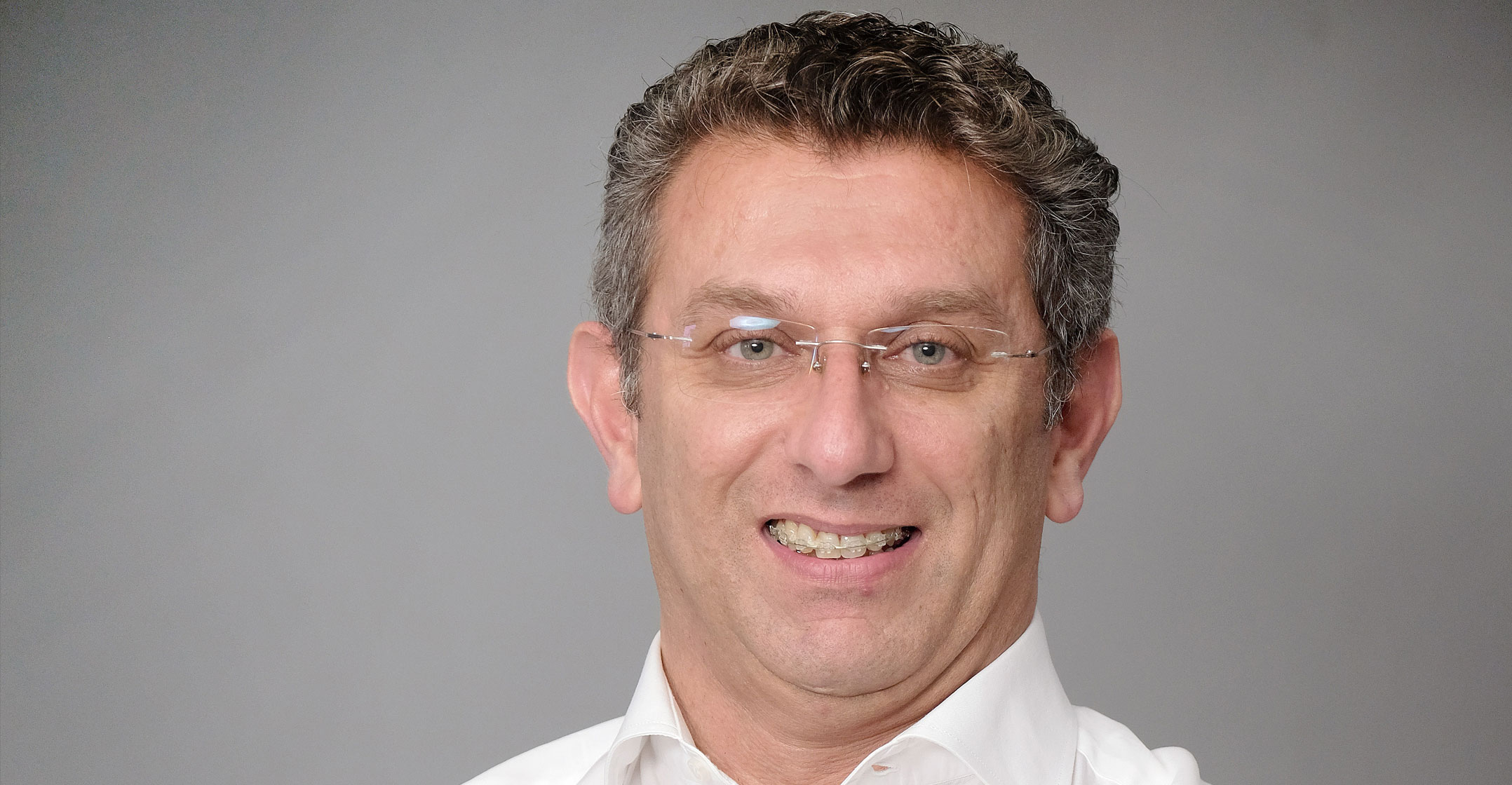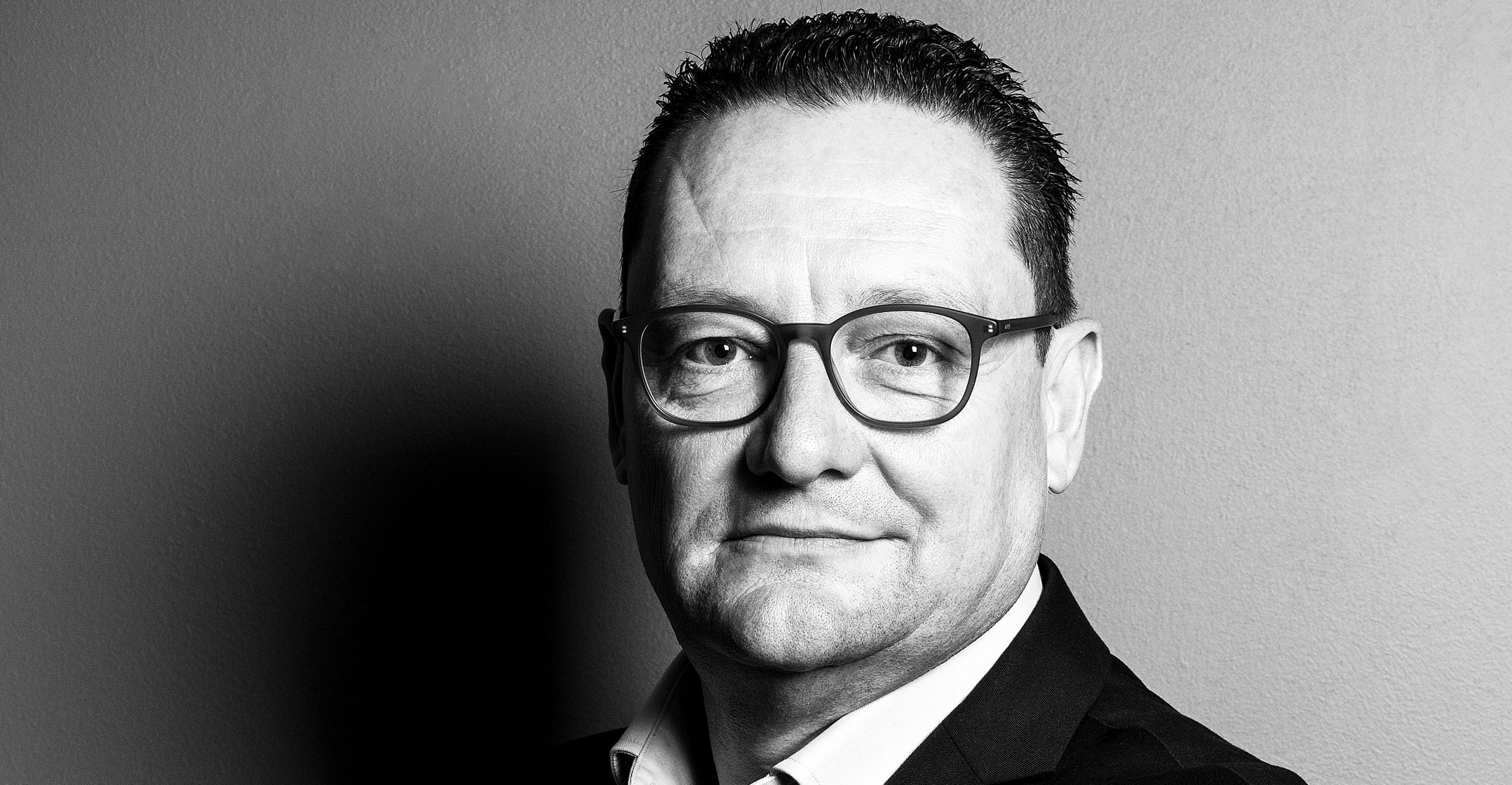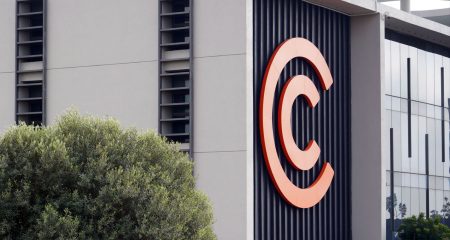
Cell C on Tuesday reported a full-year loss to 31 December 2020 of R5.5-billion. Dire as that sounds, it marks an improvement on the first half of the year, when it turned in a R7.6-billion loss.
Chief financial officer Zaf Mahomed said that although the company made a full-year loss due to impairments and once-off costs, the second half of the financial year was “encouraging”.
“Our results reflect a business in transition. We are starting to see the impact of our changes which included a focus on more profitable subscribers and through the reduction in costs a shift to revenue-generating activities. The foundations are now in place,” Mahomed said in a statement.
Total revenue for the 12-month period was down by 8% to R13.8-billion (2019: R15.1-billion), with the largest part of the revenue contribution from its prepaid base at R6.2-billion (R6.9-billion).
“The company’s strategy of focusing on more profitable customers is bearing fruit as the average revenue per prepaid customer (Arpu) has increased by 28% on a year-on-year basis, despite a decline in its prepaid subscriber base by 15% to 9.2-million customers,” Cell C said in a statement.
Right direction
Normalised Ebitda – a measure of operational profitability – was almost 30% higher at R4.1-billion as a result of the “positive impact of cost containment initiatives and the stabilisation of subscriber revenue and gross margin”. The normalised number excludes once-off costs, including expenses allocated to impairment, recapitalisation and the costs associated with network restoration.
Earnings before interest and tax improved from a loss of R5.3-billion in the first six months of 2020 to a profit of R1.8-billion in the second half. A net profit of R2.1-billion was declared for the last six months of the annual period. However, because of an impairment and once-off expenses in the first half of the year the net loss before tax was R5.5-billion (2019: loss of R4.1-billion).
Cell C’s gross margin declined by 7% and cost optimisation resulted in overall direct expenses being 9% lower at R7-billion (2019: R7.7-billion).

CEO Douglas Craigie Stevenson said the decrease in its overall operating costs – on an annual basis the business removed more than R500-million worth of expenditure – and the focus on more profitable customers resulted in positive cash flow.
“Cell C is now generating cash and the performance shows that the business is operationally stronger,” Craigie Stevenson said. “The fit-for-purpose entity can effectively implement its business strategy and with a recapitalisation will benefit from a revised capital structure with manageable debt to ensure long-term sustainability.”
Cell C has not said when it expects to conclude the recapitalisation, which had been expected by the end of 2020.
However, Craigie Stevenson said Cell C’s focus in the future will be about evolving to a “digital lifestyle company that offers value for money solutions and services by understanding the needs of its customers”. This comes as the company begins to shut down its radio access network and rely on roaming partners MTN and Vodacom to provide services to its customers. Craigie Stevenson said this transition will take no more than three years to complete. — (c) 2021 NewsCentral Media




